Although the First Amendment clearly states that freedom of religion is protected under the Constitution, there is confusion surrounding atheism and the rights of those who consider themselves non-religious. Atheists are estimated to comprise roughly 25 percent of the population in the United States, though polls struggle to find the exact number. Stigmas surrounding atheism prevail, despite the general trend of a continual secularizing society, which has caused many atheists to stay “closeted.” The majority of these nonbelievers don’t feel comfortable enough to disclose their religious beliefs, or lack thereof, due to fear of judgment or discrimination. The answer to the question “Do you believe in God?” is a lot more complex today than it was a decade ago, and the concept of spirituality detached from a religious organization is slowly becoming the new normal.
However, the growing numbers of people who are unable to answer the former question with a simple “yes” does not indicate that the influence of Christianity is vanishing from our country. President Donald Trump continues to exploit the fear of religious persecution from Christians through tweeting, despite that there is obviously no war against Christmas. When every dollar bill is emblazoned with the phrase “In God We Trust,” and the national anthem’s blatant references to a divine superior being are preserved, it is difficult to claim that Christianity is being washed from the American fabric. While demands for more consistent secularization of public institutions has increased over the past years, progress continues to be painfully slow for those that are not part of the traditional religious denominations. Religious principles remain the law of the land, especially in states with a larger Christian population. Entrenched religious beliefs have caused the belief that human life begins at conception to be taken for granted, as it is assumed a vast majority of the population supports this belief, regardless of their religious affiliation.
The function of these religious beliefs as policies affecting the entire country is justified by the conviction of the believer that their ideology is superior. There is a powerful misconception that the Founding Fathers intended the U.S. to be a “Christian nation,” though any evidence to support this claim is conspicuously absent from the Constitution. Furthermore, the mere existence of the First Amendment is absolute proof of the contrary. The Founding Fathers were clear supporters of a secular society where any religious denomination would be welcomed but one was never prioritized over another. So perhaps the widely accepted story of this country’s religious foundation is closer to what the Puritans believed rather than reality. Despite being forced to seek new territories to escape religious persecution themselves, the Puritans firmly believed in God’s laws as the divine system of government, and tolerance towards other beliefs was not exactly a priority. Thankfully, the First Amendment was enacted to prevent the rise of an American theocracy.
In reality, the religious composition of this country is not as diverse as one would expect, especially in comparison to its other demographics. The U.S. is not only surprisingly uniform when it comes to faith, but its population is outstandingly more devout than other wealthy, developed countries. The dominant faith might not carry the weight of the law of the land as it had during decades before, but the influence of its doctrine remains present.
This is especially evident concerning atheism. In America, more than half of the population refuses to consider supporting an atheist candidate running for the presidency. People distrust atheists, to the point where society pushes other atheists to distrust each other. There is a collective perception that nonbelievers are individuals with faulty morals. People believe that religious authorities — be it God or clergy — and the looming possibility of eternal damnation are the only safeguard to keep humanity from descending into chaos.
Morals and ethics are not only limited to religion. Throughout history, philosophers have redefined and challenged questions concerning humanity, with some of their answers building what would become religion and law. Non-religious morality is not inferior to those based on divine scriptures, and a lack of faith doesn’t necessarily indicate an absence of compassion or moral fortitude. Atheism is not nihilism or hedonism, where moral principles have traditionally been discarded in favor of self-indulgence and excesses. Those without religious affiliation are complex human beings possessing a wide range of emotions and impulses — just like religious people.
Despite the general perception of modern America as devoid of values and fear from God, the U.S. remains overwhelmingly devout and majority Christian. The population of nonbelievers has been gradually increasing every year but not drastically enough to be a great threat to religious organizations in this country. Therefore, it is impossible to blame atheism for the erosion of family values and morality. New generations have redefined their priorities and principles while maintaining the same level of religious practice as their parents. Faith or the lack thereof doesn’t determine the quality of a human being, nor does it predict their potential to do good in this world.
This article is part of the Poynter College Media Project. Click here for more stories and information on the topic “Are U Mormon?”








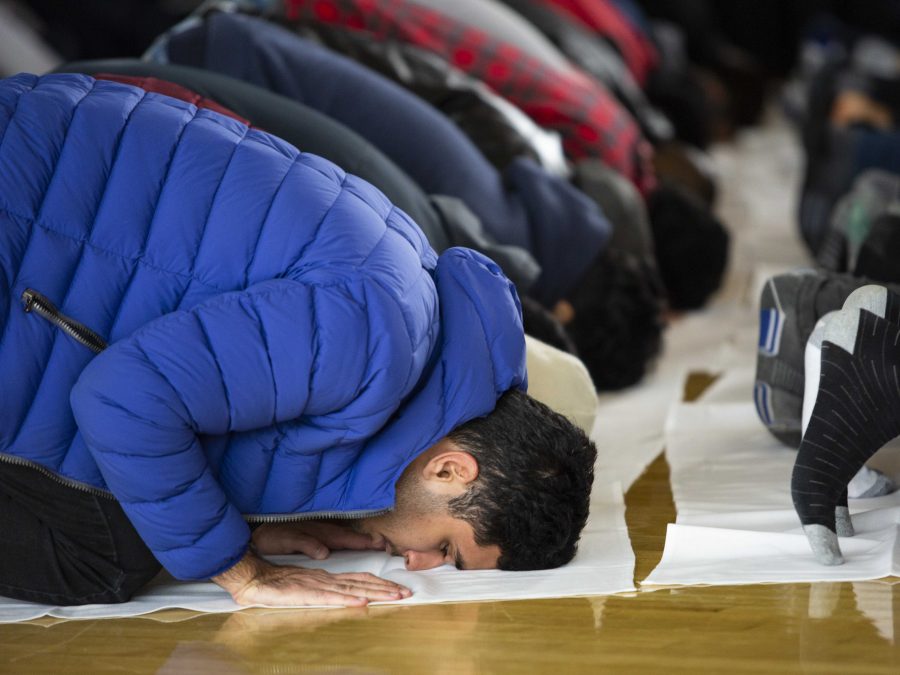
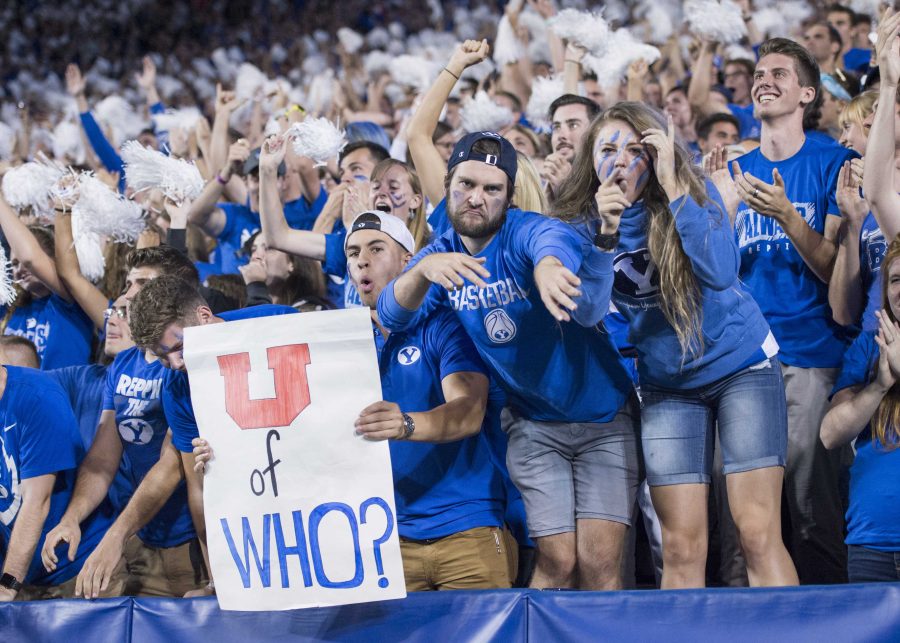
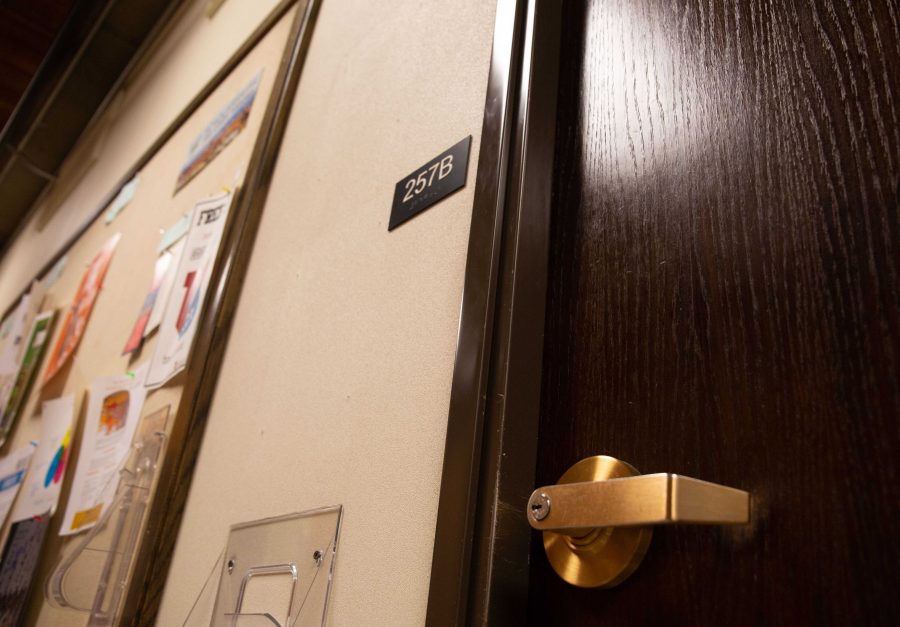








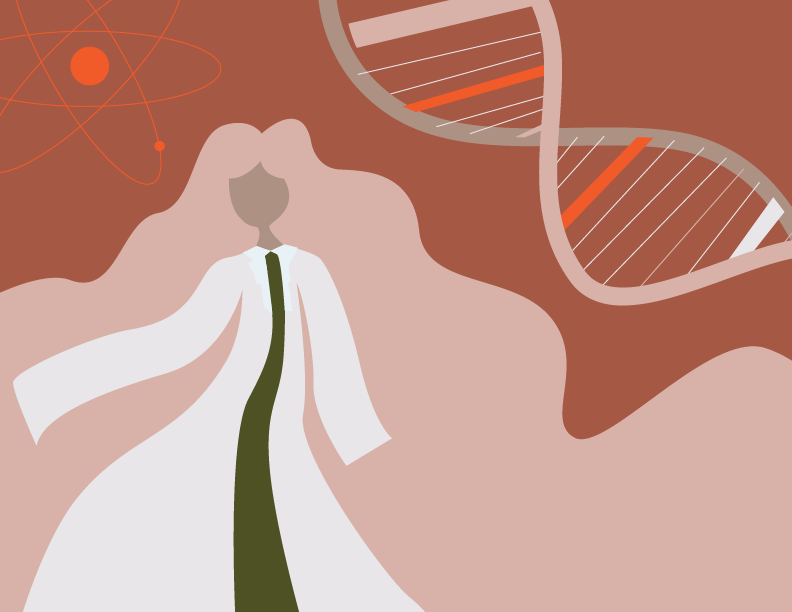


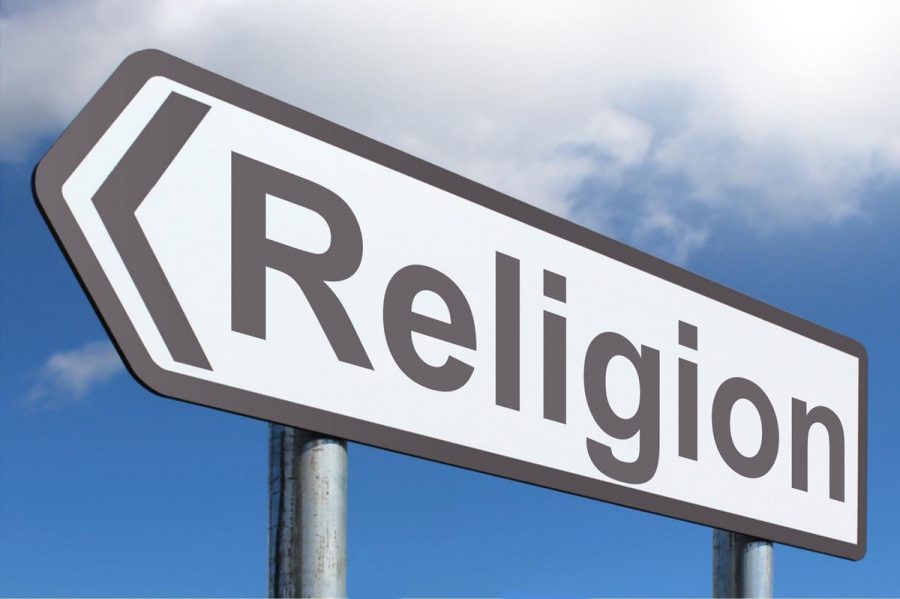
MW.NOFACE • Mar 15, 2019 at 1:52 pm
If anything I would argue that society will be better when organized religion slowly dissolves into the history books, where it belongs. Religion, while in the past, may have helped people cope with the fears and frights that surrounded them daily, but these days they resemble corporations more than they do institutions of faith. Organized religion has been perversely turned on its head and is used as an instrument of shame and control. Obviously FAITH is a beautiful and truly human necessity, but why do I need a crusty old white man to be some liaison between the god and an individual? The Catholic church is reaching it’s own reckoning soon amongst all of the lies and corruption that has infected the religion bottom to top, choir boys to cardinals. The same will go with every other major organized religion, the people shouldn’t need a man in a fancy hat to have to tell me what to believe. I think that we all to often forget that ALL of our holy scripts and books in any religion that we shape our lives around were written by a man not a god. Be discerning, read between the lines, and never trust blindly everything that someone tells you especially some crazy tale that includes horses in North America when there had never even been horses on this continent at that time, should be taken with a massive grain of salt, c’mon people let’s be real here.
Greg Spencer • Feb 17, 2019 at 8:07 am
I’m deeply religious, but I have atheist friends with whom I would trust my life. We can be civil to people who don’t share our beliefs.